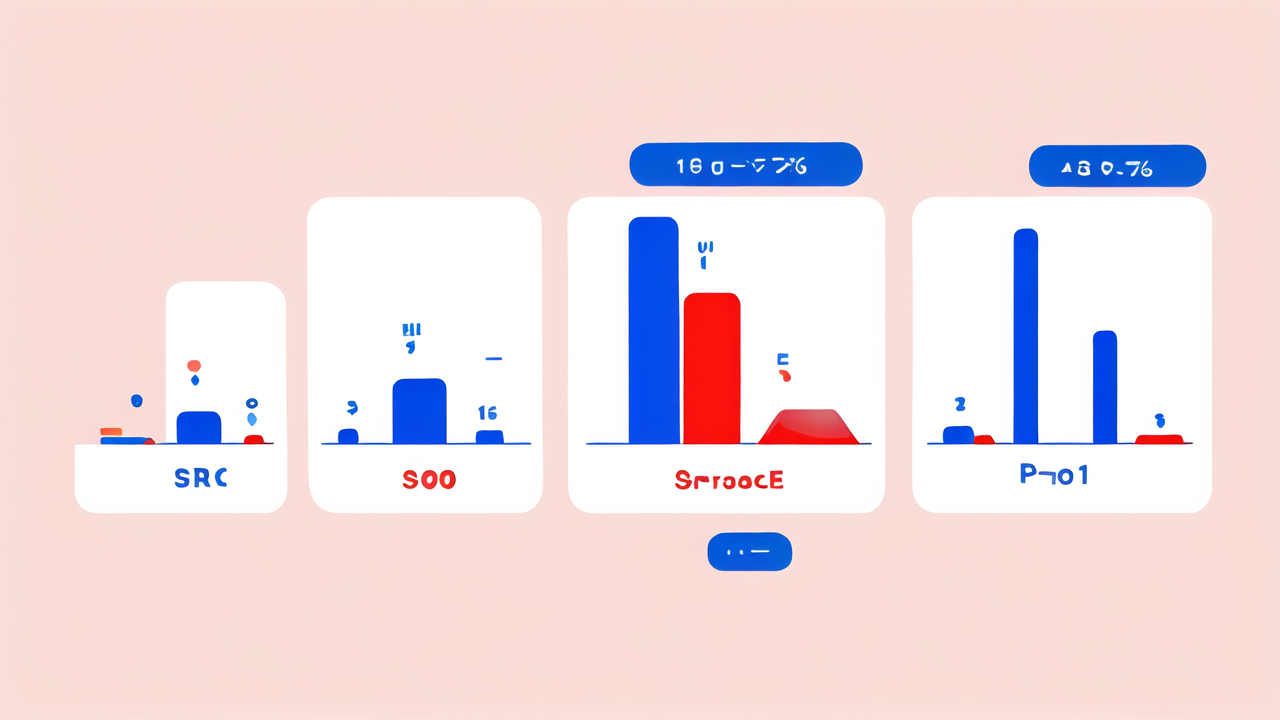The Evolution of Health Monitoring Technologies
From Fitness Trackers to Smart Watches: A Timeline
The journey of health monitoring devices has been remarkable. It began with simple pedometers. These counted steps and little else. Then came fitness bands. They tracked more data, like calories burned and sleep patterns.

The real game-changer was the smart watch. It combined health tracking with other useful features. Early models could measure heart rate and count steps. Today's versions do much more. They can track blood oxygen levels, detect falls, and even take ECGs.
This evolution happened quickly. In just a decade, we went from basic step counters to powerful health monitors on our wrists. Each new generation brought more features and greater accuracy. The pace of innovation shows no signs of slowing down.
The Technological Advancements Behind Modern Health Monitors
Smart watches rely on several key technologies. Accelerometers and gyroscopes track movement and orientation. Optical sensors measure heart rate by detecting blood flow. GPS chips provide location data for outdoor activities.
More advanced sensors have emerged recently. Some watches now use bioelectrical impedance analysis. This can estimate body composition. Others have temperature sensors to track fever or menstrual cycles.
Software plays a crucial role too. Machine learning algorithms analyze data to provide insights. Cloud computing allows for storage and processing of large amounts of health data. These advancements have made smart watches powerful tools for personal health management.
The Role of Wearables in Health Care System
Wearables are changing how we approach health care. They provide continuous monitoring, unlike occasional doctor visits. This can lead to earlier detection of health issues.
Doctors are starting to use data from wearables in their diagnoses. Some hospitals even give patients smart watches to monitor their recovery at home. Insurance companies are exploring ways to use this data to adjust premiums.
However, integration into formal health care systems is still in early stages. There are concerns about data accuracy and privacy. Despite these challenges, the potential for wearables to improve health outcomes is significant.
Health Monitor Watches in the United States: Adoption and Trends
Market Analysis: The Rise of Health-Oriented Consumers
The U.S. has seen a surge in health-conscious consumers. This trend has boosted the smart watch market. People are more interested in tracking their health data than ever before.

Sales of health monitor watches have grown steadily. The COVID-19 pandemic accelerated this trend. Many people became more health-aware and sought ways to monitor their well-being at home.
Major tech companies have entered the market. Apple, Google, and Samsung all offer smart watches with health features. This competition has driven innovation and lowered prices, making these devices more accessible.
Demographic Trends in Smart Watch Usage
Smart watch usage varies across different age groups. Young adults were early adopters, attracted by fitness tracking features. However, older adults are catching up. They value the health monitoring and emergency alert functions.
Gender differences in usage are narrowing. Initially, men were more likely to own smart watches. Now, women are adopting them at similar rates. Many brands offer designs that appeal to both genders.
Income levels also affect adoption. Higher-income individuals are more likely to own smart watches. However, as prices drop, these devices are becoming more accessible to a wider range of consumers.
Regulatory Perspective on Wearable Health Devices
The FDA has taken notice of the growing health monitor watch market. They've created guidelines for mobile medical applications. These rules apply to some smart watch features.
Watches that claim to diagnose or treat conditions face stricter oversight. For example, the ECG feature on some watches required FDA clearance. However, general wellness features like step counting don't need approval.
Privacy regulations also apply to these devices. HIPAA protects health data collected by some apps. Companies must ensure they handle user data securely and transparently. As smart watches collect more health data, these regulations may evolve.
Future Directions and Challenges for Health Monitor Watches
Innovative Features and Applications in Health Monitoring
The future of health monitor watches looks exciting. New sensors are in development. These could measure blood glucose levels without needles. Others might detect stress levels or monitor hydration status.

Artificial intelligence will play a bigger role. It could analyze data to predict health issues before they become serious. Personalized health recommendations based on your data are also on the horizon.
Integration with other devices is another trend. Smart watches might sync with smart home devices. They could adjust your environment based on your health needs. The possibilities for improving health management are vast.
Balancing Cost and Accessibility in Consumer Health Devices
As health features become more advanced, costs may rise. This could put these devices out of reach for some consumers. Balancing innovation with affordability is a key challenge.
Some companies are addressing this by offering simpler, more affordable models. Others are working on longer-lasting batteries to reduce replacement costs. Government initiatives might also help make these devices more accessible.
Health insurance companies could play a role too. They might offer discounts for using health monitor watches. This could make the devices more affordable while promoting preventive health care.
Ethical Considerations and Privacy Concerns in Wearable Health Technologies
As smart watches collect more health data, privacy concerns grow. Users worry about who has access to their information. There are fears about data breaches or misuse by companies.
Ethical questions also arise. Should employers have access to workers' health data? How might this affect hiring or insurance decisions? These issues need careful consideration.
Transparency is key to addressing these concerns. Companies must be clear about data collection and use. Strong security measures are essential. As the technology evolves, so must the ethical framework around it.




Leave a comment
This site is protected by hCaptcha and the hCaptcha Privacy Policy and Terms of Service apply.